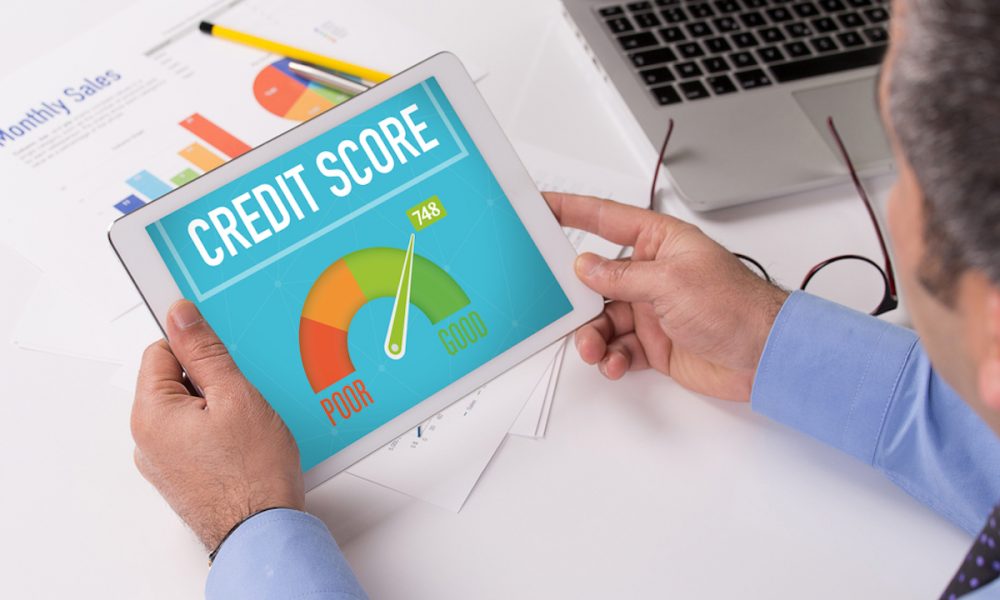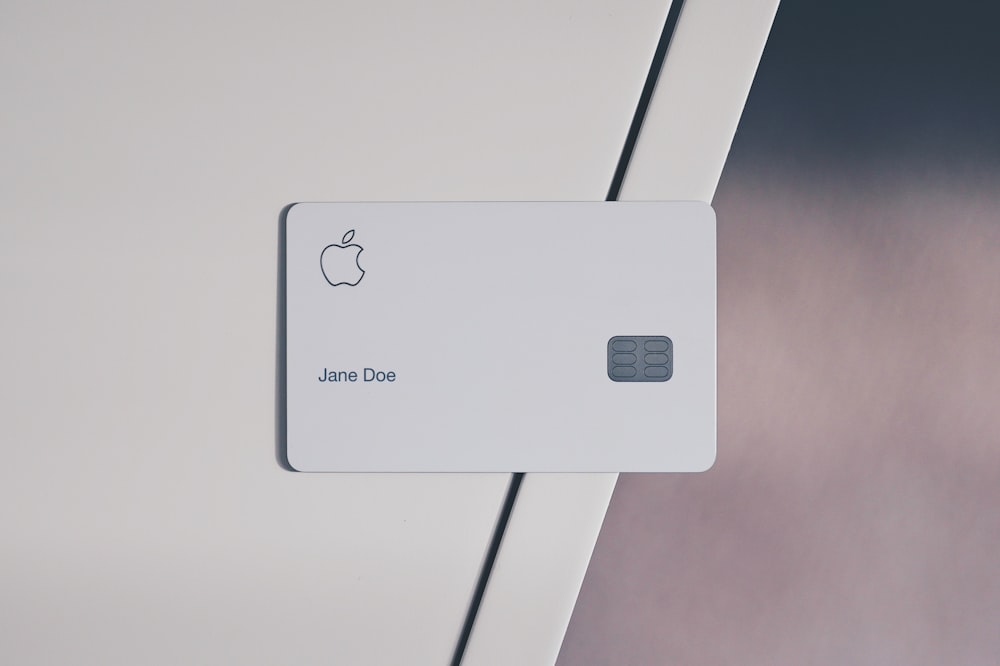Max, a young professional, understands his CIBIL score’s critical role in shaping his financial future. The CIBIL score even addressed as credit score is a three-digit number representing the credibility of an individual. Creditors or lenders use this credit score to evaluate the risk linked with lending funds to an individual.
A high CIBIL score reflects responsible credit behaviour and increases the chances of loan approvals with favourable terms, such as lower interest rates and higher loan amounts. On the other hand, a low score indicates a higher credit risk, leading to loan rejections or loans with less favourable terms.
As Max recognised the importance of maintaining a good CIBIL score, he realised that monitoring his credit score regularly was crucial to ensure accuracy and avoid any potential errors or discrepancies. Here are some of the reasons why he regularly checked his CIBIL score –
Credit card approvals
Max also understood that credit card companies assess his CIBIL score before approving his credit card application. A high score increases the chances of getting approved for premium credit cards with better rewards and benefits.
Loan applications
Max knew that when applying for a loan, whether a personal loan, home loan, or car loan, lenders evaluate his creditworthiness based on his CIBIL score. A high score would make lenders more confident in his ability to repay the loan.
Interest rates
Max was aware that his CIBIL score directly influenced the interest rates offered to him by lenders. With a higher score, he could negotiate lower interest rates, saving money over the loan tenure.
Negotiating power
Holding a high CIBIL score, Max knew he could negotiate better terms with lenders and creditors, ensuring favourable loan conditions.
Employment opportunities
Certain employers in India consider the creditworthiness of job applicants for roles involving financial responsibilities. Max knew that maintaining a good credit score could enhance his chances of landing his dream job.
Access to financial products
Max got to know that a strong score opens a wide range of opportunities in the form of financial services and products including mortgage loans, personal loans, and credit cards.
Avoiding fraud
Max recognised that checking his CIBIL report regularly could help him identify and report any unauthorised activities or potential fraud.
Future planning
Regularly monitoring his credit score allowed Max to plan for significant financial decisions, such as buying a home or starting a business.
Reducing Debt
Seeing his credit score regularly motivated Max to manage his debts responsibly and work towards reducing outstanding balances.
Enhancing credibility
Max understood that a high CIBIL score increased his credibility in the eyes of lenders, making them more willing to extend credit to him.
Improving financial health
Max knew that maintaining a healthy credit score reflected his overall financial health and responsible money management.
Building trust
Timely payments and a good credit history-built trust between Max and lenders, improving his chances of loan approvals.
Now, as Max checked his latest CIBIL report, he noticed an error that could significantly impact his credit score. Worried about the consequences, Max started a journey to correct the errors and disputes in his CIBIL report –
Collect data
Max took the first step in resolving the dispute by gathering all relevant documents, such as loan agreements, payment receipts, and other supporting records related to the disputed account.
Assess report diligently
He meticulously reviewed his CIBIL report to identify the inaccuracies and errors. In this step, Max made sure to verify every detail, including personal information, account balances, and payment history.
Get in touch with the creditor
Max reached out to the creditor responsible for the erroneous information and explained the situation in a clear and concise manner. He maintained a record of all communication for future reference.
Dispute form submission
To formally raise a dispute, Max filled out the CIBIL dispute form available on the official CIBIL website. In the form, he provided all the necessary details about the discrepancies and attached supporting documents.
Document evidence
Understanding the importance of supporting evidence, Max attached copies of the relevant documents, such as payment receipts and account statements, to strengthen his dispute claim.
Wait for resolution
After submitting the dispute form, Max patiently waited for CIBIL to launch an investigation into the dispute. CIBIL generally takes around 30 days to investigate and respond to disputes. CIBIL score calculation also is done accordingly.
Follow up periodically
Max followed up with CIBIL regularly to ensure that the dispute was being actively addressed. He contacted CIBIL through emails, phone calls, and the online dispute resolution portal.
check for periodic updates
Throughout the dispute resolution process, Max diligently monitored his CIBIL report for any updates regarding the dispute. He was keen to see any corrections made to his credit report.
Escalate if necessary
If the dispute remained unresolved even after the initial investigation, Max escalated the issue to higher authorities within CIBIL, seeking a fair resolution. He remained persistent in pursuing a favourable outcome.
Correction of errors
Upon successful resolution of the dispute, Max received an updated CIBIL report with the corrected information. He ensured that all inaccuracies were rectified and that the report accurately reflected his credit history.
Notify all credit bureaus
Max took the responsibility of informing other credit bureaus in India about the corrections made to ensure uniformity across all his credit reports.
Maintain financial discipline
Throughout the dispute resolution process, Max continued to maintain financial discipline. He made timely payments on all his accounts and refrained from taking on unnecessary debt.
Periodically monitor
Max learned the importance of regularly monitoring his credit score to catch any future errors or discrepancies promptly. He set reminders to check his CIBIL report once in a financial year.
Maintain records
Understanding the value involved in documentation, Max ensured to make it a habit to maintain records of all his transactions as well as agreements. This allowed him to address most of his future disputes in an efficient manner.
Ending note
Max’s stepwise search and learning to correct disputes and errors in his credit report was a financial journey that taught him to be responsible and disciplined. By identifying the importance of a strong score and actively evaluating his report, he protected his financial future. Via diligence, patience and careful documentation, Max even resolved disputes and ensured an accurate credit history. His experience endowed him with valuable lessons regarding the significance of financial discipline as well as the role played by CIBIL score in attaining various goals. Max now encourages many to take charge of their credibility by reviewing their score periodically for a sound financial future.




